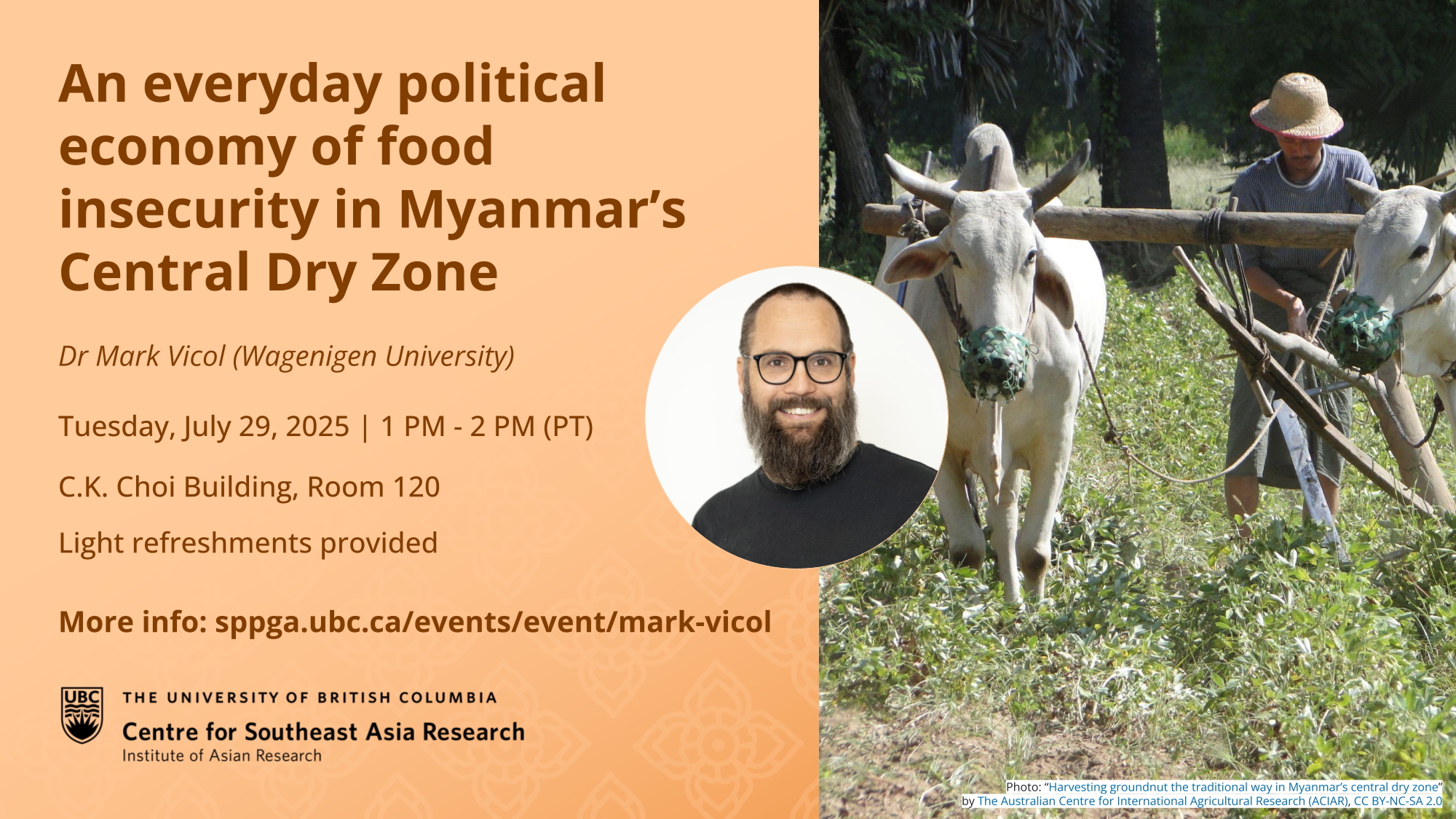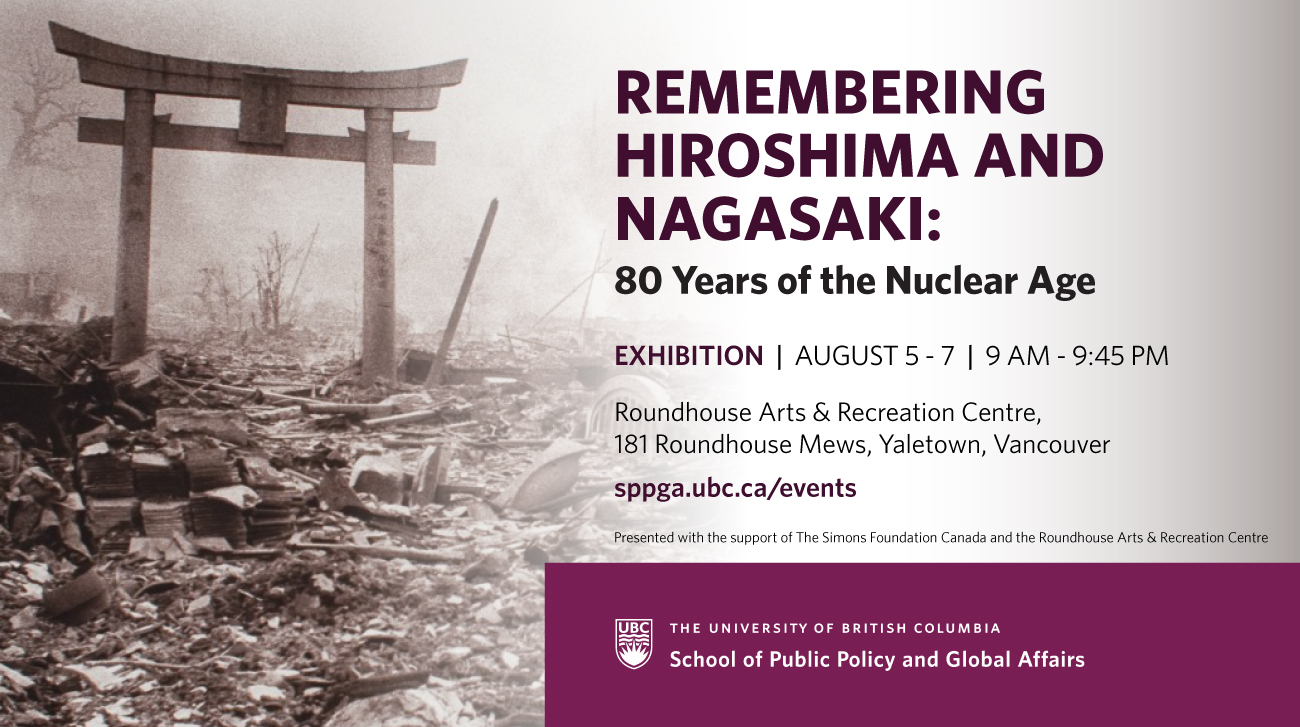Join us for this UBC Future of Food global dialogue series talk on Worker Justice & Food Security: Insights from Chicago’s Restaurant Opportunities Centre United and University of Guelph’s Research on Temporary Migrant Workers in Canada with Anthony Peeples & Dr. Jill Bucklaschuk.
March 17, 2017
12:00 pm – 1:30 pm
Policy Lab, Centre for Interactive Research Sustainability, UBC Vancouver campus
With over 13 million workers, the restaurant industry is one of the nation’s largest private-sector employers as well as one of the fastest growing segments of the economy in the United States. Unfortunately, the industry is also the lowest paying, continues to offer few to no benefits and has created several industry “unofficial” standards that violate labor and human rights laws .
Restaurant Opportunities Centers United (“ROC United”) is a workers center that was born out of the 9/11 terrorist attacks and tragedy in New York City. It has grown to 18,000 restaurant worker members, 200 high-road employer members, and thousands of consumer members throughout the United States. ROC United has helped win more than a dozen workplace justice campaigns against exploitative high-profile restaurant companies, retrieving over 10 million dollars for workers and improving workplace policies for restaurant workers. Its mission is to improving wages and working conditions for the nation’s restaurant workers.
Anthony will present some reflections from his experience as a ROC leader in Chicago. The first reflection will consider previous experiences on the Illinois and Indiana border as a local labor activist, running through the ranks of union member and development and growth from a member to leader of ROC Chicago. The second reflection will consider the growing influence of workers centers in the labor movement; briefly touching on the unique alliance of eight workers centers in the Chicago area.
Jill Bucklaschuk is a Social Sciences and Humanities Research Council of Canada postdoctoral fellow at the University of Guelph in the Department of Sociology and Anthropology. Her work uses qualitative research methods to examine how non-permanent legal status impacts the social and workplace experiences of lower skilled temporary migrants as they negotiate settlement in Canada.
  |
This event is part of the UBC Future of Food Global Dialogue Series, a campus-wide initiative bringing together food security and sustainability experts from across the university and North America to regularly engage the UBC community and the public around the Global Food System, including topics such as climate change, food security, biodiversity, social justice, culture, and policy.
Find dates and details for upcoming events in the Event Calendar. Follow the discussion with #UBCFutureOfFood on Twitter.

